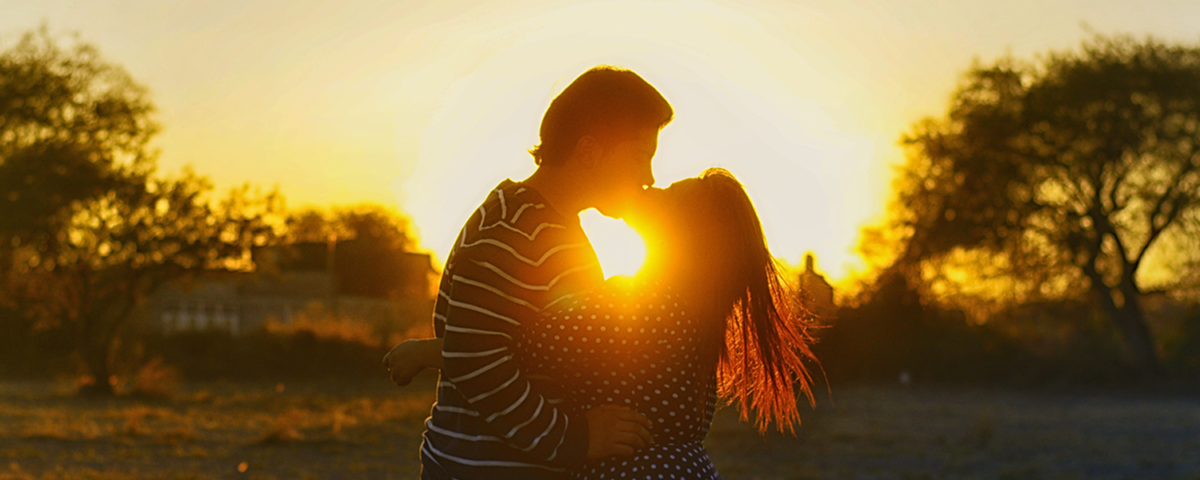No ratings yet. 
If there is one group of people that content creators should avoid pissing off – it’s gamers. Gamers spend countless hours and piles of money on their favorite franchises, and nowadays gaming is no longer thought of as child’s play. The average age of the gamer these days is 35 years old, as compared to the 80’s when it was 12 to 14. Moreover, the video game industry is generation billions of dollars every year, rivaling the TV and even movie industry.
So, when you’re a game developer and you have a pack of loyal fans, the last thing you want is to rip their heart out and make them very angry. What happens when you do? Well, allow me to explain.
One of the top game developers out there – BioWare – has always been known for story driven games. Their crown jewel would be the Mass Effect series. What do I mean by story driven? Well, if you imagine a game as a place where you just jump and shoot stuff, you’re doing it wrong. With Mass Effect, BioWare was able to create a Hollywood worthy plot, mix it with amazing visuals, splendid voice acting and most of all – the ability to allow the player to actually have an impact on the game world through his decisions.

You heard me right. A video game character’s decisions have consequences. And they really do!
The basic synopsis of the story is that we’re way off into the distant future. Alien species are flying all over the galaxy and you happen to be the badass Commander Shepard.
Aside from chasing away baddies who want to harm the Earth, you have to deal with The Reapers. Mechanical species aimed at erasing every organic life form every now and then to “restore the balance”. Suffice to say, you don’t feel like dying so you have to find a way to whoop their butts.
Well, after three games and five years of building relationships with your crew, seeing how your decisions lead to some of your crews’ deaths, the deaths of others, or the saving of entire species, by Mass Effect 3, the game has become you. It is your world which you created. And as it is with every trilogy – it has to end sometime. However, as a fan, you expect it to end gloriously. You expect a hero’s ending.
In Mass Effect 3’s case though, you expect an ending that is built for you. Normally these games allow you a multitude of endings so your game ends depending on how well you played. If you played well, you get the good endings and if you didn’t lots of planets and people and species may die because of you.
But … that didn’t happen. In fact, the opposite did. The ending of Mass Effect 3 and the series was abysmal, according to fans. They were rushed into three different endings that were actually the same except for minor details. The ending did not resolve a conflict, it essentially murdered everyone and didn’t make sense.
So what do gamers do in this case? Head off to social media, create polls, write blogs, start Facebook groups, Instagram pages, Kickstarter Campaigns to hire devs to make a new ending, flood BioWare’s forums, Tweet and Re-Tweet.
Well, after an insane barrage of internet hate, whining and demands, for the first time in gaming history the customer has been able to force the developer to bend out of shape and redesign the ending into something better. Following months of extreme social media presence of this “issue”, BioWare released a DLC (Downloadable Content) for free, adjusting the ending to better fit the fans’ needs. Now your choices DO matter and while it wasn’t ideal, fans were satisfied.
This case is interesting for a number of reasons. One, as I said already, the consumer forced the developer to do something. Normally, that doesn’t happen. If a consumer is unsatisfied with the product they can just keep being mopey and shut up. However, this didn’t happen here. Why? Social media, my friends. With so much fuss and noise, the consumer turned this into a PR nightmare for BioWare. Since gamers run wild on the Internet, we all heard about it and we damn sure wouldn’t have bought a BioWare game following this disappointment. It’s amazing! They had to do it!
And secondly, what does this mean for the entertainment industry in general? If the consumers showed that they can shove anyone into PR hell at will, what if the next thing we don’t like is a movie? Or a song? Will directors change the ending of a movie? Will song writers and singers change a song? How would they deal with this?
What do you fine fellows think?
References:
https://www.facebook.com/DemandABetterEndingToMassEffect3
http://retakemasseffect.tumblr.com/
http://www.eurogamer.net/articles/2012-03-23-retake-mass-effect-3-protest-claims-victory-after-bioware-vows-to-address-controversial-ending






